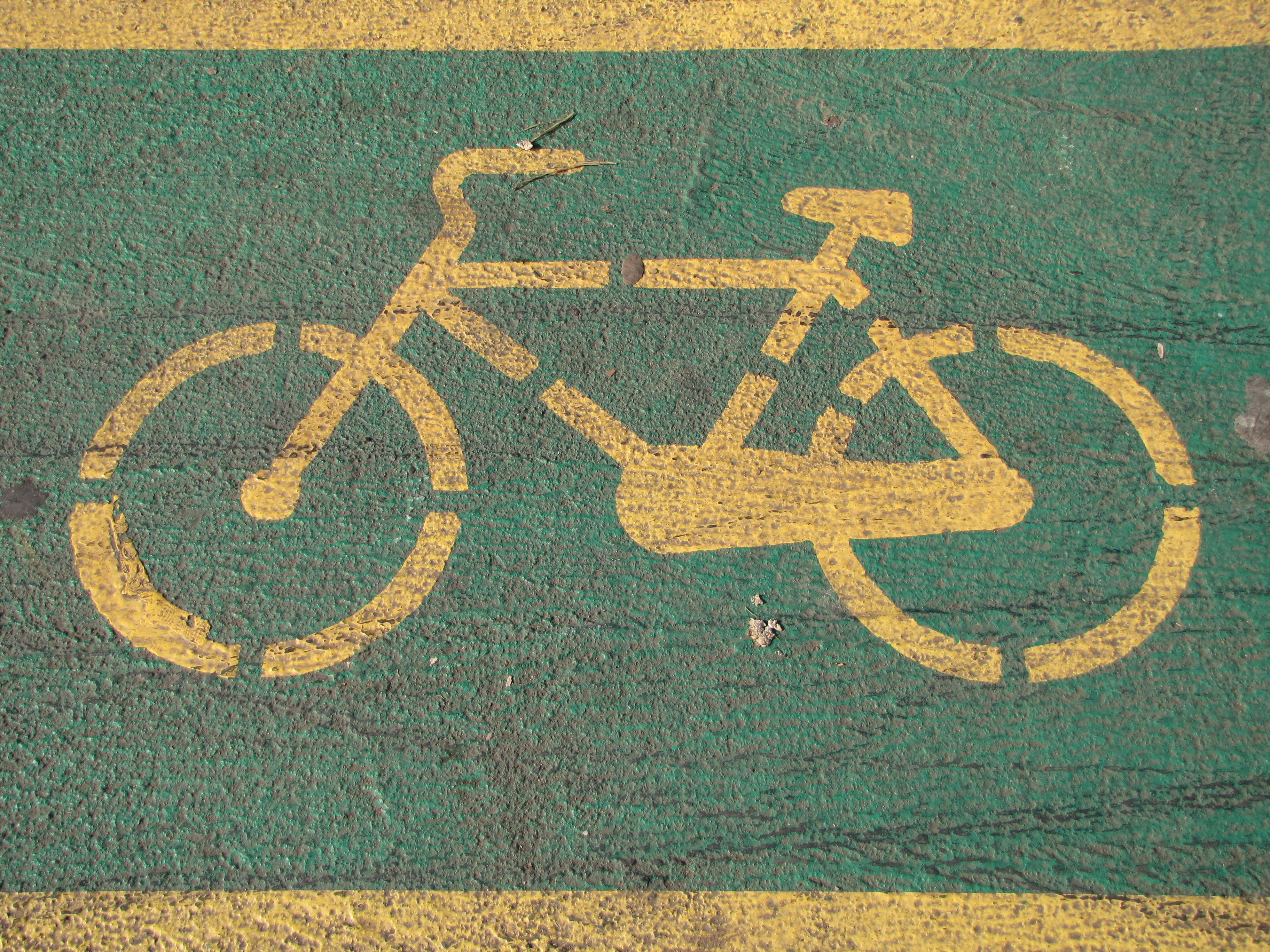
SATURDAY, July 10 (HealthDay News) — Summer is the best time for eating outdoors, so why let food allergies spoil the party?
In some people, that innocent-looking picnic spread could provoke symptoms ranging from hives and stomachache to life-threatening difficulty breathing. But by working with an allergist, you can head off a potential emergency.
“Food allergies are serious, but with a little preparation, you can still enjoy summer parties. An allergist can help you identify the foods that are causing your symptoms and create a plan to steer clear of problems,” said Dr. James Sublett in a news release from the American College of Allergy, Asthma and Immunology.
Here are some of the association’s suggestions about how to avoid food allergies at picnics and barbecues:
- Bring your own condiments in individual-sized packs. That will help prevent cross-contamination when people share large containers of condiments like mayonnaise and ketchup.
- Pack allergic and non-allergic foods separately so one won’t contaminate the other.
- Use a plastic tablecloth on a picnic table so food particles left by previous picnickers won’t cause allergic reactions among your guests.
- Carry emergency medications if needed.
- Bring separate spoons and other utensils for items that are shared to avoid cross-contamination.
- Grill foods for guests with allergies first, or cook the items on a fresh piece of aluminum foil. Also, allow guests with allergies to dig into the food first, before cross-contamination of items can occur.
- Bring anti-bacterial wipes and gels.
- Check your cell phone coverage. If your picnic or barbecue is away from home, be sure you can get a cell phone signal in the area so you can call 911 if someone has a severe allergic reaction.
Also, if you know someone has a severe allergy to a given food, don’t bring it. There are plenty of other dishes to enjoy.
More information
For more about allergies, try the
U.S. National Library of Medicine.

